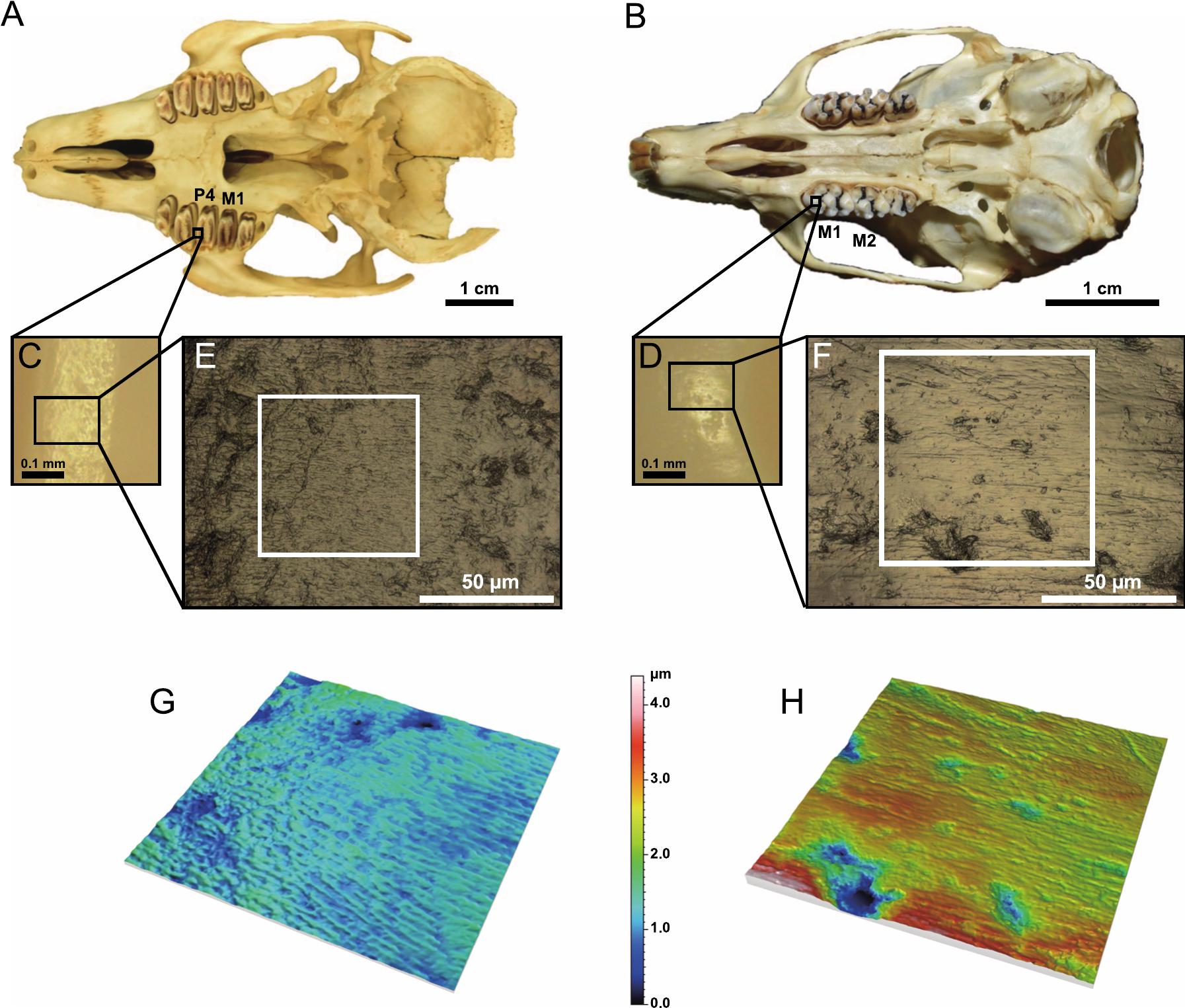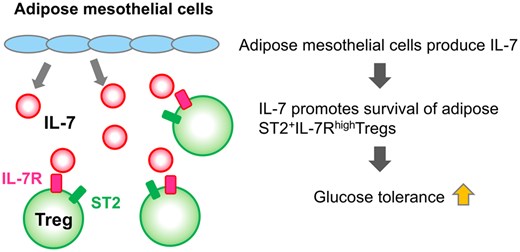2025-04-03 国立がん研究センター
<関連情報>
- https://www.ncc.go.jp/jp/information/researchtopics/2025/0403/index.html
- https://www.ncc.go.jp/jp/information/researchtopics/2025/0403/20250403_1.pdf
- https://jamanetwork.com/journals/jamanetworkopen/fullarticle/2831221
転移性尿路上皮がんに対するエンフォルツマブ・ベドチンとペムブロリズマブの併用療法と非併用療法 系統的レビューとメタ分析 Enfortumab Vedotin With or Without Pembrolizumab in Metastatic Urothelial Carcinoma A Systematic Review and Meta-Analysis
Shugo Yajima, MD; Kohei Hirose, MD; Hitoshi Masuda, MD, PhD
JAMA Network Open Published:March 11, 2025
DOI:10.1001/jamanetworkopen.2025.0250

Key Points
Question Is enfortumab vedotin, alone or combined with pembrolizumab, associated with disease control, objective response, and survival rates among patients with metastatic urothelial carcinoma?
Findings In this systematic review and meta-analysis of 11 studies involving 2128 patients, enfortumab vedotin plus pembrolizumab was associated with high objective response rate and high 1-year survival rate.
Meaning The findings suggest that enfortumab vedotin, especially combined with pembrolizumab, offers promising beneficial outcomes in metastatic urothelial carcinoma treatment; future research is warranted to refine enfortumab vedotin–based therapies for management of metastatic urothelial carcinoma.
Abstract
Importance Metastatic urothelial carcinoma (mUC) presents a therapeutic challenge with poor outcome. Enfortumab vedotin has emerged as a promising treatment, necessitating a comprehensive evaluation of its effectiveness and safety.
Objective To synthesize the available evidence on enfortumab vedotin, both as monotherapy and in combination with pembrolizumab, as an mUC treatment for the purpose of guiding clinical decision-making and future research.
Data Sources Cochrane Library, MEDLINE (via PubMed), Google Scholar, and Web of Science were searched from database inception to August 31, 2024. Major conference abstracts from 2019 to 2024 were also included. Search strategy used a combination of Medical Subject Heading terms and free-text keywords related to mUC and enfortumab vedotin.
Study Selection Randomized clinical trials and prospective studies investigating enfortumab vedotin in adult patients with mUC were included. Eleven studies met the inclusion criteria.
Data Extraction and Synthesis Two independent reviewers extracted data and assessed study quality using the Cochrane Risk of Bias tool 2 and Risk of Bias in Non-Randomized Studies of Interventions tool. The meta-analysis used a random effects model, while a network meta-analysis was performed using a frequentist approach.
Main Outcomes and Measures Primary outcomes were disease control rate (DCR), objective response rate (ORR), and 1-year survival rate.
Results The 11 included studies (3 randomized clinical trials [27.3%] and 8 nonrandomized prospective studies [72.7%]) involved 2128 patients. Of these patients, 563 (26.5%) received enfortumab vedotin plus pembrolizumab, 814 (38.3%) received enfortumab vedotin without pembrolizumab, and 751 (35.3%) received chemotherapy. Enfortumab vedotin plus pembrolizumab was associated with a pooled DCR of 86% (95% CI, 83%-89%), ORR of 68% (95% CI, 64%-71%), and a 1-year survival rate of 79% (95% CI, 75%-82%). Enfortumab vedotin monotherapy had a pooled DCR of 73% (95% CI, 70%-76%), ORR of 43% (95% CI, 40%-47%), and a 1-year survival rate of 52% (95% CI, 48%-56%). Network meta-analysis revealed that enfortumab vedotin plus pembrolizumab significantly outperformed chemotherapy in ORR (odds ratio [OR], 3.47; 95% CI, 1.49-8.09; P = .004) and 1-year survival (OR, 2.32; 95% CI, 1.75-3.06; P < .001).
Conclusions and Relevance In this systematic review and meta-analysis, enfortumab vedotin plus pembrolizumab showed high response rates in first-line settings, while enfortumab vedotin monotherapy was associated with clinical benefit in later lines of therapy. These findings underscore the importance of personalized treatment approaches, and future research is warranted to refine enfortumab vedotin–based therapies for mUC management.


